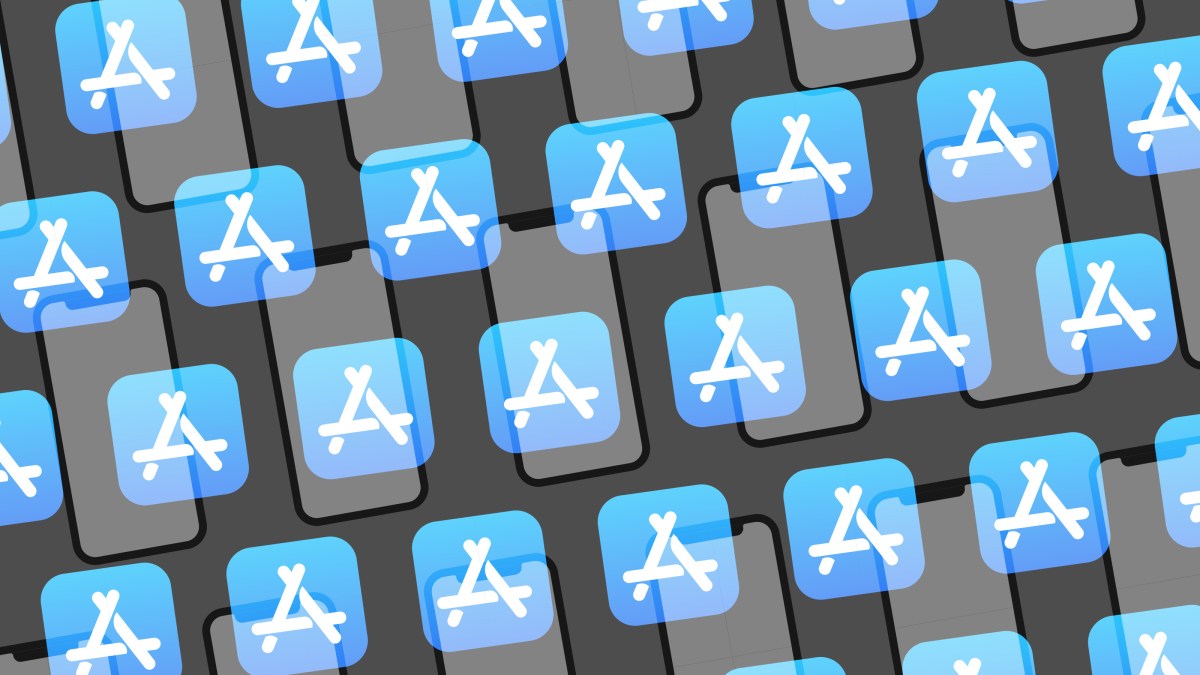Apple and Google Collaborate to Remove Dangerous Mobile Apps from Their App Stores
In a significant move to enhance user security, Apple and Google have removed a total of 20 malicious applications from their app stores. This action follows the discovery of data-stealing malware, known as SparkCat, which had been lurking in these apps for nearly a year.
Details of the SparkCat Malware
According to security researchers at Kaspersky, the SparkCat malware has been operational since March 2024. Initially detected within a food delivery application in the United Arab Emirates and Indonesia, the malware was later found in 19 other unrelated applications. These apps, which were collectively downloaded over 242,000 times from Google Play Store, posed a significant risk to users.
How the Malware Operates
The SparkCat malware employs optical character recognition (OCR) technology to capture visible text on users’ screens. Here are some key functionalities of the malware:
- Scans image galleries for keywords related to cryptocurrency recovery phrases.
- Supports multiple languages, including English, Chinese, Japanese, and Korean.
- Allows attackers to gain complete control over victims’ cryptocurrency wallets.
- Extracts personal information from screenshots, including messages and passwords.
Response from Apple and Google
Following the alarming findings, Apple promptly removed the identified apps from its App Store last week, with Google following suit. Ed Fernandez, a spokesperson for Google, stated, “All of the identified apps have been removed from Google Play, and the developers have been banned.”
Additionally, Google confirmed that Android users were safeguarded against known versions of this malware through its built-in Google Play Protect security feature.
Ongoing Risks and Recommendations
Despite the removal of these apps from official app stores, Kaspersky’s telemetry data indicates that the SparkCat malware might still be accessible via other websites and unofficial app stores. Therefore, it is crucial for users to:
- Regularly update their devices and apps.
- Avoid downloading apps from unofficial sources.
- Utilize security features like Google Play Protect and other antivirus software.
For more information on protecting your devices from malware, consider visiting FTC’s guide on personal information security.
As of now, Apple has not commented on the issue. Stay vigilant and ensure your devices remain secure against potential threats.







